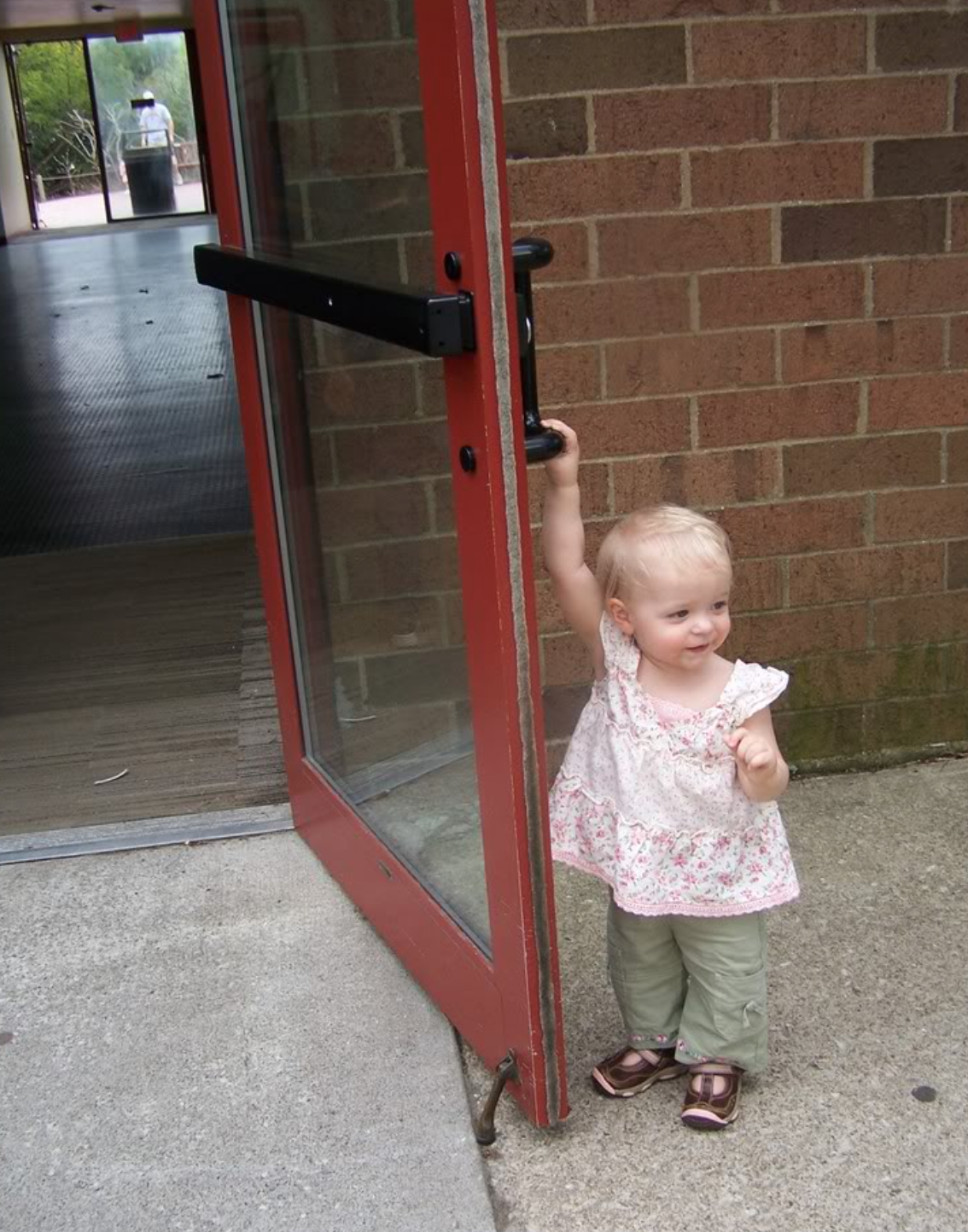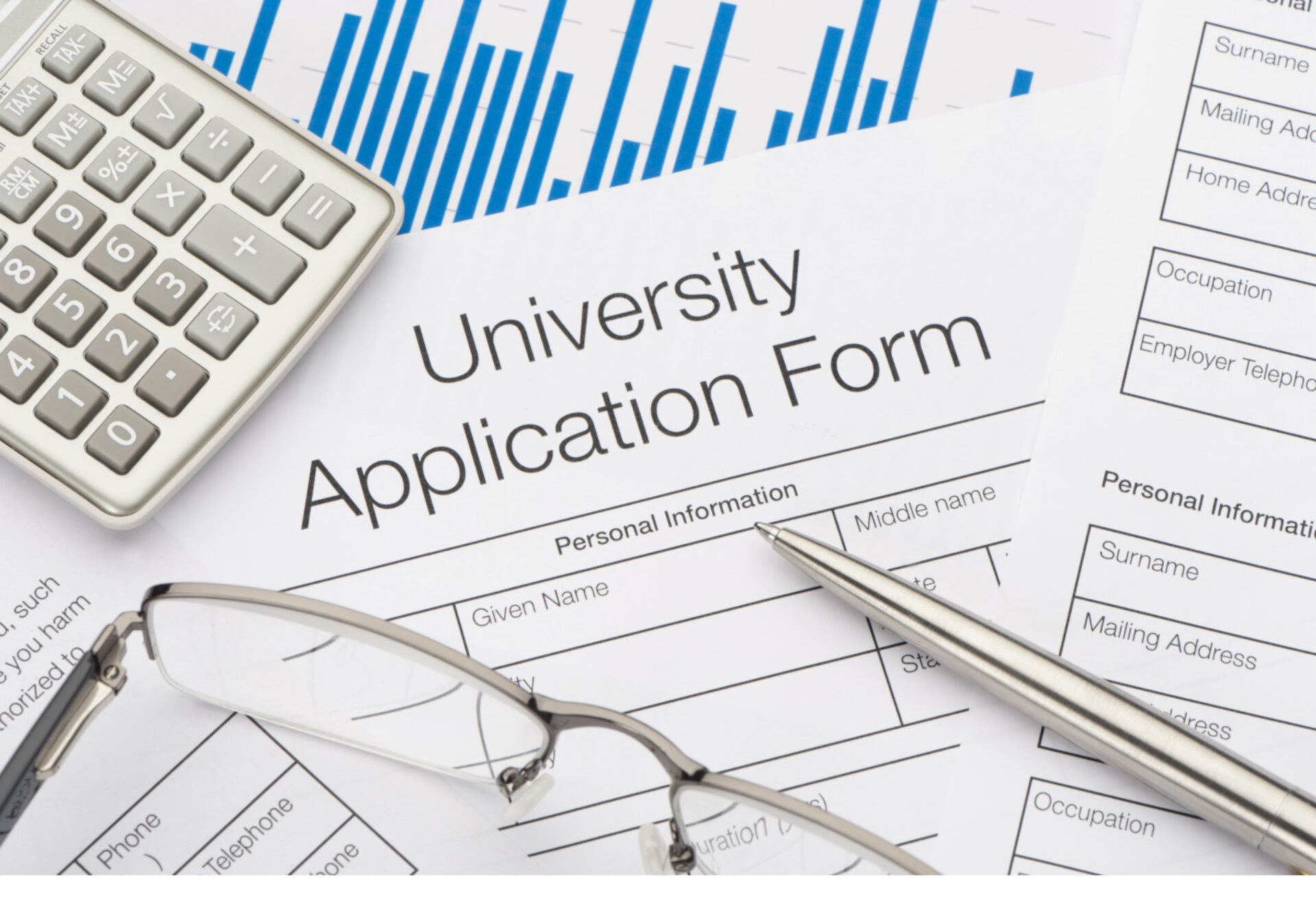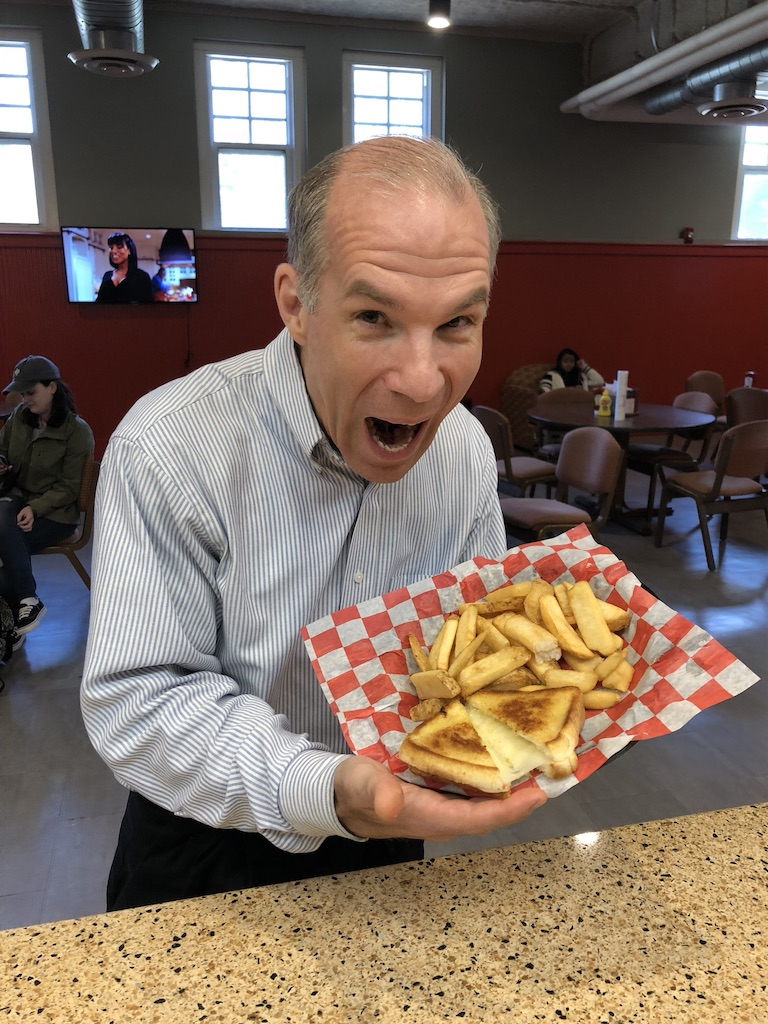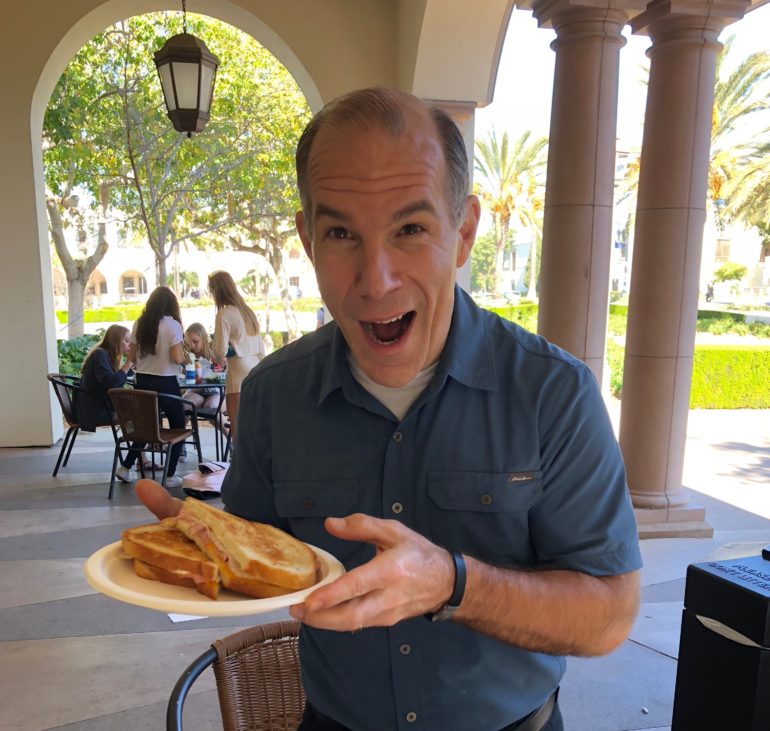College applications are evaluated on surprisingly few components: GPA, Standardized Test Scores, Essays, Recommendations, Extracurriculars, and FAFSA.
This can actually serve as a checklist for juniors as they tackle the college application process or a guide for freshmen and sophomores. I stress to students that they actually control many pieces of the college application process. Although maintaining high marks on some components – like GPA and the SAT/ACT scores – may not be easy, these metrics are actually a testament of making good choices, responsible time management, and understanding and communicating information effectively. These metrics also represent making good choices and seeking out support. Colleges know this and equate these numbers and habits with college readiness and potential, often using these metrics as the first major gatekeeper to admission. However, once this primary GPA/test scores gate opens, there are many equally – if not more important – pieces in gaining admission.
Essays are another important element of a competitive college application. Writing a good essay is equal parts formula, drafts, feedback, proofing and personal creativity. If enough time and resources are used appropriately, a student controls the success of his or her essay. Unsuccessful essays are most often the result of being rushed, undeveloped, and/or not proofed. Colleges know this.
Extracurricular activities are also a factor in providing an accurate and engaging illustration of character, interests, strengths, and potential. However, admissions evaluators mainly use this timeline and illustration of interests as supporting evidence of a student’s curiosity, passion, and commitment over time. But there is one piece of the application umbrella that is often ignored and left unattended and almost as an afterthought – recommendations.
In an increasingly competitive college admissions environment, recommendations are becoming more important than students can imagine. While many students come with high GPAs and test scores paired with impressive extracurriculars and compelling essays, recommendations are not controlled, created or submitted by the student. Or are they?
As a college admissions consultant and educational planner, I advise all students to practice building relationships with adults. Early! Although it may not be currently vogue among teens to seek out conversations with adults and ask for advice or help, the relationships built over time will be invaluable in life… and yes, possibly the source for references and recommendations. Colleges know that authentic recommendations provide evidence of a student’s long-term and genuine commitment to others over time. In addition, a good recommendation often gives insight regarding a student’s character, growth, maturity and even the applicant’s sense of humor.
While students often assume they have little control over recommendations written for their college applications, these application components often take the longest time to prepare and cultivate and are quickly becoming one of the most important. For this reason, one of the first things I teach students is an awesome four-step handshake… and challenge them to practice often. It’s just like Snapchat, but for real.






